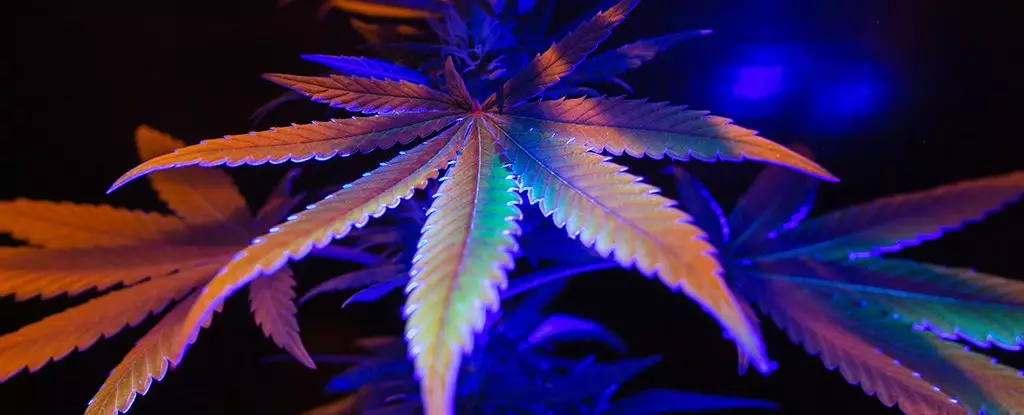A Canadian study has revealed a shocking discovery – teenagers who use cannabis are at an 11 times higher risk of developing a psychotic disorder compared to non-users. This association is much stronger than previously reported in other studies. While a 2016 analysis found that heavy cannabis users were four times more likely to be diagnosed with schizophrenia or another psychotic condition, the latest findings indicate a significantly higher risk.
One crucial factor contributing to this increased risk is the potency of cannabis. The study suggests that the data used in previous analyses was collected before 2000 when cannabis was significantly less potent than it is today. Over the years, the concentration of THC, the main active ingredient in cannabis, has increased by 14 to 19 percent. High-potency cannabis varieties have been linked to higher rates of psychosis, with the use of stronger strains in adolescence doubling the risk of a psychotic episode in young adults.
Epidemiologist André McDonald and his team at McMaster University conducted an in-depth analysis focusing on formal diagnoses of psychotic disorders such as schizophrenia, rather than acute psychotic episodes. They tracked diagnoses in late adolescence and early adulthood to ensure they did not miss the critical window when psychotic disorders typically emerge. By linking survey data on cannabis use with public health records in Ontario, Canada, the researchers identified a strong association between cannabis use and the risk of adolescents being diagnosed with a psychotic disorder.
The findings support the neurodevelopmental theory that teens are particularly susceptible to the effects of cannabis due to their ongoing brain development. While it remains challenging to determine whether cannabis use directly causes psychotic disorders or if it is influenced by genetic factors, trauma history, or a combination of these variables, the study sheds light on the potential risks associated with teen cannabis use.
With the legalization of cannabis for recreational use in Canada in 2018, future analyses may reveal the impact of these policy changes on adolescent health. While most teens who use cannabis will not develop a psychotic disorder, the data indicates that a significant portion of teens diagnosed with psychotic disorders have a history of cannabis use. This highlights the importance of further research to understand the relationship between cannabis use and mental health outcomes in adolescents.
The link between cannabis use and psychotic disorders in teens is a critical area of study that warrants attention and further investigation. While the findings of this study provide valuable insights, it is essential to consider the complex interplay of factors that contribute to the development of mental health disorders in young individuals. By continuing to research and analyze the impact of cannabis on adolescent mental health, we can better inform policies and interventions to support the well-being of our youth.


Leave a Reply